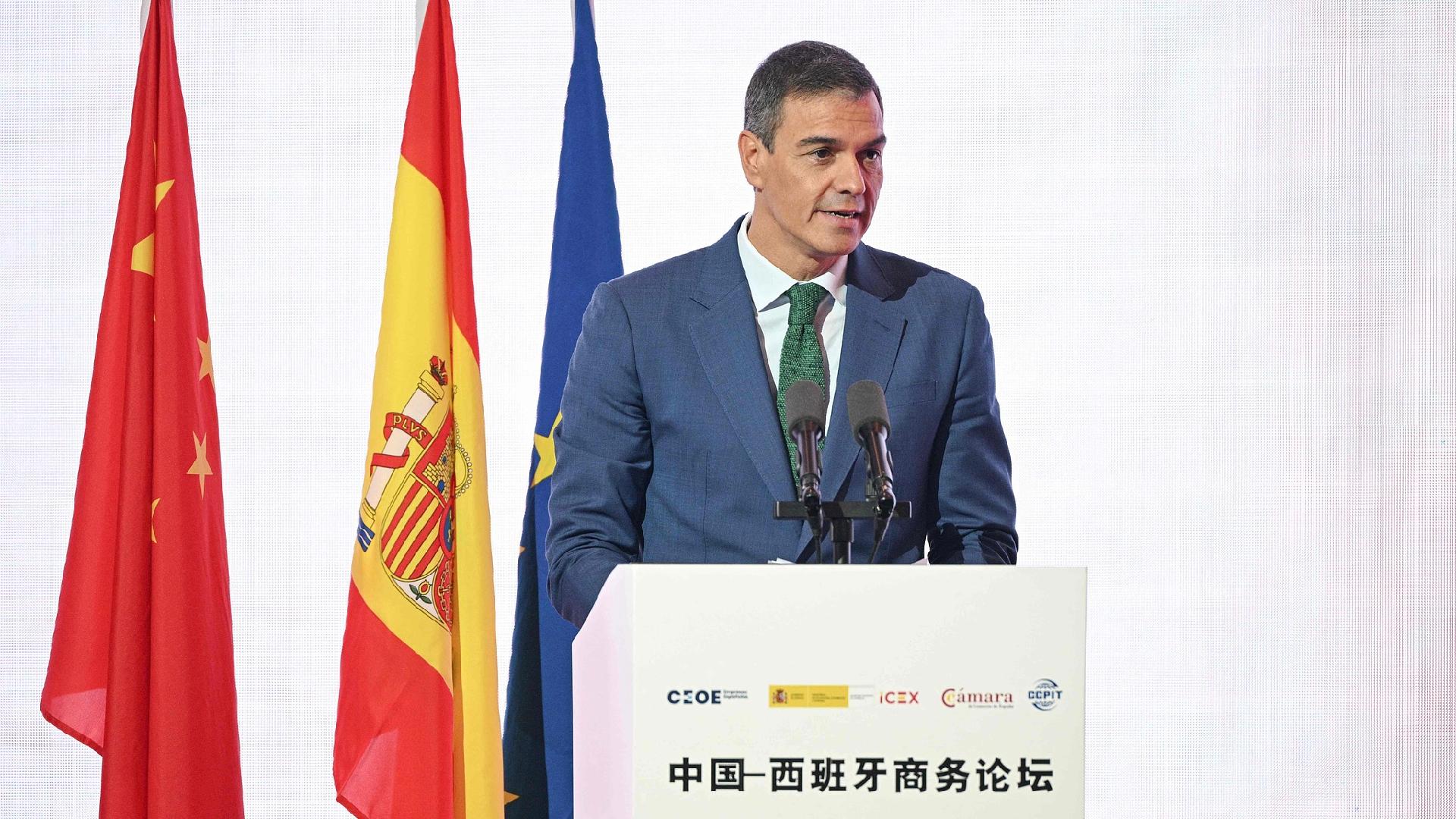Appropriate Period to Enhance China-Spain Relations
Building relationships with China has been a steadfast priority in the foreign policy of various Spanish governments over time.

The recent visit by Spanish Prime Minister Pedro Sanchez to Beijing, spanning from September 8 to September 11, was eagerly awaited as a significant step in strengthening ties of friendship and cooperation.
It is unusual for a prime minister to visit the same nation two years consecutively. This occurrence, coupled with the continued high-level interactions between the leadership of the two countries, sets a promising backdrop for another prosperous 50 years of relations between China and Spain.
The success of bilateral dialogues and the practical benefits of cooperation between China and European nations serve as exemplary models for positive international relations. It has been a consistent strategy for Spanish administrations to prioritize relations with China.
"Friendship with China" has unanimous agreement among Spain’s political factions and is a sentiment broadly shared throughout Spanish society.
**Spain benefiting from bilateral relations**
Many in Spain vividly recall when China played a crucial role in the economic recovery by purchasing a significant number of Spanish government bonds during the international financial crisis.
The extensive strategic partnership between the two nations extends beyond mere formalities.
Over the last decade, the Yiwu-Madrid freight railway route, the longest in the world, has been instrumental in transporting iconic Spanish products like jamón, wine, and olive oil to Chinese consumers, thereby continually setting new trade records.
In 2023, the bilateral trade figure soared to $48.6 billion, making China Spain’s largest trade partner outside the European Union. Investments and business ventures from China continue to grow and are warmly embraced in Spain.
The arrival of the giant pandas, Jin Xi and Zhu Yu, in Madrid earlier this year also captured the hearts of the Spanish public.
**Spain advancing Spain-China and Europe-China relations**
Spain has enthusiastically participated in several of China’s international cooperation initiatives.
In 2015, Spain was among the foundation members of the Asian Infrastructure Investment Bank.
In 2017, then Prime Minister Mariano Rajoy visited Beijing and attended the first Belt and Road Forum for International Cooperation, discussing the development potential of the New Silk Road project aimed at mutual benefits for global participants.
Furthermore, during its various terms leading the European Economic Community and the Council of the European Union, Spain has vigorously and consistently fostered stronger relations between China and Europe.
Spain was pivotal in the early 1990s in strengthening Europe-China relations and played a significant role in lifting the European Union’s economic sanctions against China.
Spain’s proactive approach within the EU framework toward China is driven by its independent policy stance, focusing on collaboration rather than conflict.
**Potential and promising outlook for Spain and China**
Spain views China primarily as a collaborator rather than a competitor, showcasing its pragmatic approach.
Since the year began, the Spanish media has actively covered the reduced import barriers for certain agricultural products, thereby boosting local farming sectors.
With the vast market that China presents, increasing Spain’s agricultural exports there is a mutually beneficial strategy.
While diplomatic and trade relations are governed by formal partnerships, the human connection between Spain and China is profoundly evidenced in tourism.
Chinese tourists in Spain are the highest spenders per capita globally, exceeding 3,000 euros.
With the tourism sector rebounding strongly, Spain is keen to attract more Chinese visitors and enhance their understanding of Spanish culture. During Sanchez’s visit, Spain inaugurated a new Cervantes Institute in Shanghai, marking it as the first European country in China to operate more than one national cultural center.
Anna Muller for TROIB News
Find more stories on Business, Economy and Finance in TROIB business












